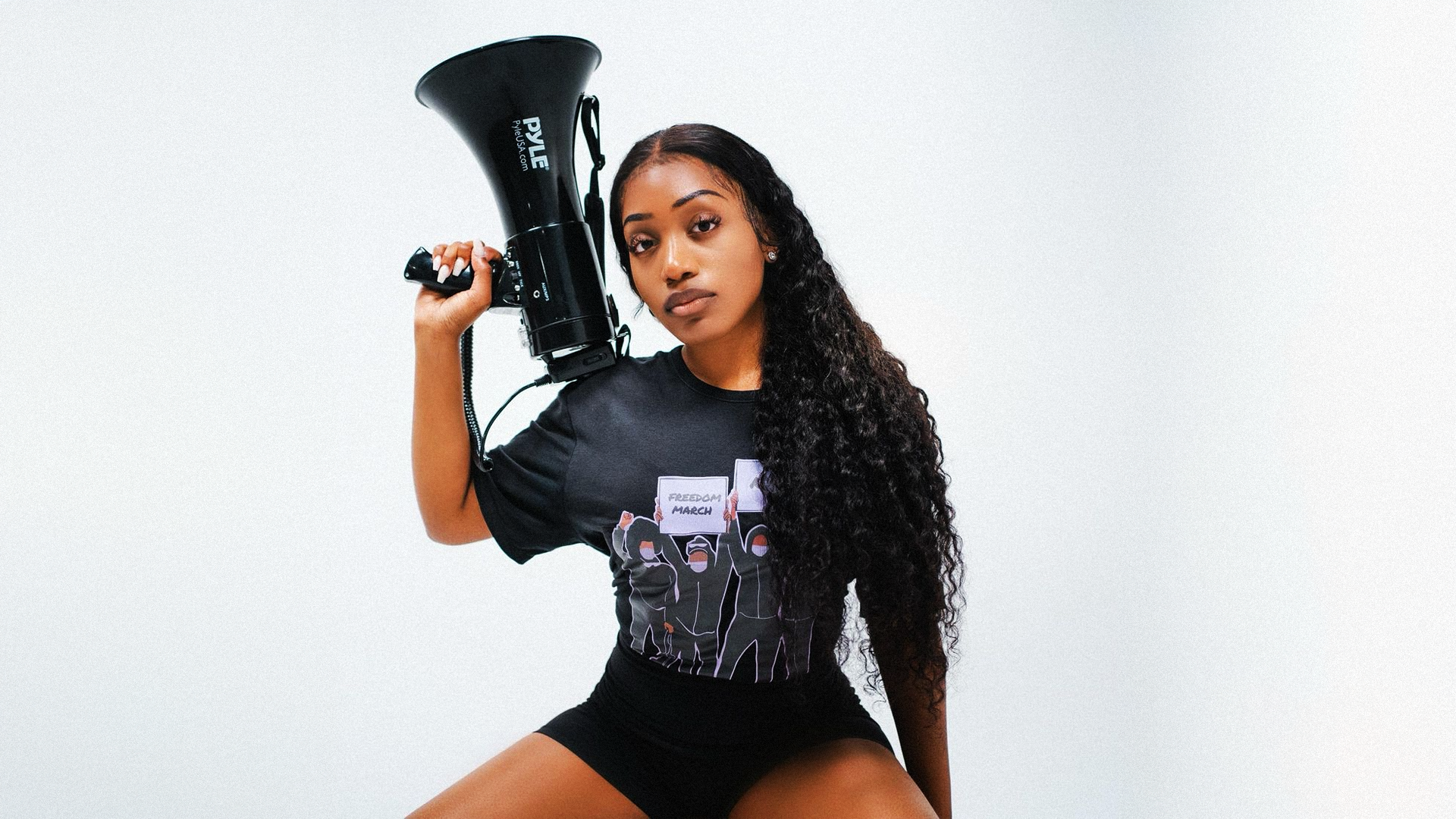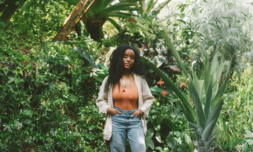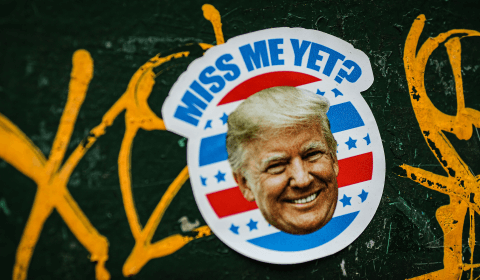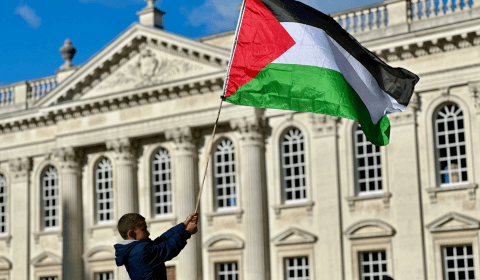A leading voice in racial justice and digital organising, Chelsea Miller is the co-founder of Freedom March NYC, one of the largest youth-led civil rights groups in America. We spoke to her about how considering long-term impact should always take precedence over promoting band-aid solutions.
‘People can’t be what they don’t see,’ says Chelsea Miller, who is amongst Gen Z’s most prominent social change leaders. Embodying this statement, she’s been showing up for what she believes in for over a decade – and showing the world what that should look like in the process.
Best known for co-founding Freedom March NYC – one of the largest youth-led civil rights groups in America – alongside Nialah Edari, her work centres on racial justice and digital organising.
She’s also on the verge of launching CPM Global, a company that will advise businesses, governments, and others interested in supporting social justice movements and amplifying people of colour.
With a perspective on activism that places the onus on how we contribute and where to apply our unique skillsets in order to have the most impact, her approach towards building and maintaining sustainable movements is setting an example that spans generations and differences.
We spoke to her about what this involves.

‘The most essential thing my journey has taught me so far is that this work needs to be sustainable or it will implode,’ says Chelsea. ‘And that simply isn’t possible without intersectionality.’
Expanding on this, she stresses the importance of recognising that every single issue we’re striving to confront as a society feeds into one another. ‘In the midst of these conversations, we often forget that all these things are connected,’ says Chelsea explaining that this makes community integration a top priority.
‘If we want to dismantle the division that we’re witnessing across the globe, we must tap into the power of bridging the gap between coalitions. That’s where the real strength lies.’
This is exemplified by her organisation, which was created to address the feelings of voicelessness that her community was experiencing in the wake of public Black trauma in 2020.
Observing that her pain and the pain of her peers was largely being discredited following the murder of George Floyd and the state-sanctioned violence it displayed – which in turn meant that voices of colour were being silenced – Chelsea set out to fulfil her purpose of being a leader in this space and carry forward the collective disruption that arose during this period of widespread tension and mass demonstrations.

‘You’re doing something because you want to make a difference in that moment,’ she says. ‘Before you know it, moments turn into movements, and movements turn into liberation.’
This sense of responsibility has underlined her changemaking efforts since, which are infused with a deep-rooted consciousness that she’s fighting the same fight as her ancestors, namely the civil rights activists from the summer of 1964 who also mobilised in the face of police brutality.
‘When the leaders we look up to made their first steps, they weren’t endeavouring to be ‘giants,’ they were doing it because they felt it was their duty to put forth good in the world,’ says Chelsea. ‘I’m ensuring we don’t erase the fact that we stand on the shoulders of giants while disseminating the message that we are also the giants people will one day be standing on the shoulders of.’
Doing so through storytelling, Chelsea’s online presence is embedded in the discourse around racial justice and how it connects to what’s occurring across the globe right now.
‘I use my platform to authentically show people what it looks like to express what they care about,’ she says. ‘Primarily Black individuals, who deserve to be in the vanguard of these dialogues. Yet although she regards social media as a valuable tool in raising awareness and thus generates content to educate on how we can be challenging the systems of oppression still working tirelessly to control the narrative and uphold marginalisation, Chelsea says there’s more to it.

‘Social media is only as influential as what happens when we put our phones away,’ she urges. ‘The petitions we sign, the elected leaders we call out, the material we disperse, the policies we push. It’s crucial we keep up the pressure, are there in the streets, and prove that we’re organised and can sustain ourselves. It’s a question of, when the horn blows, will you put your body on the front lines?’























